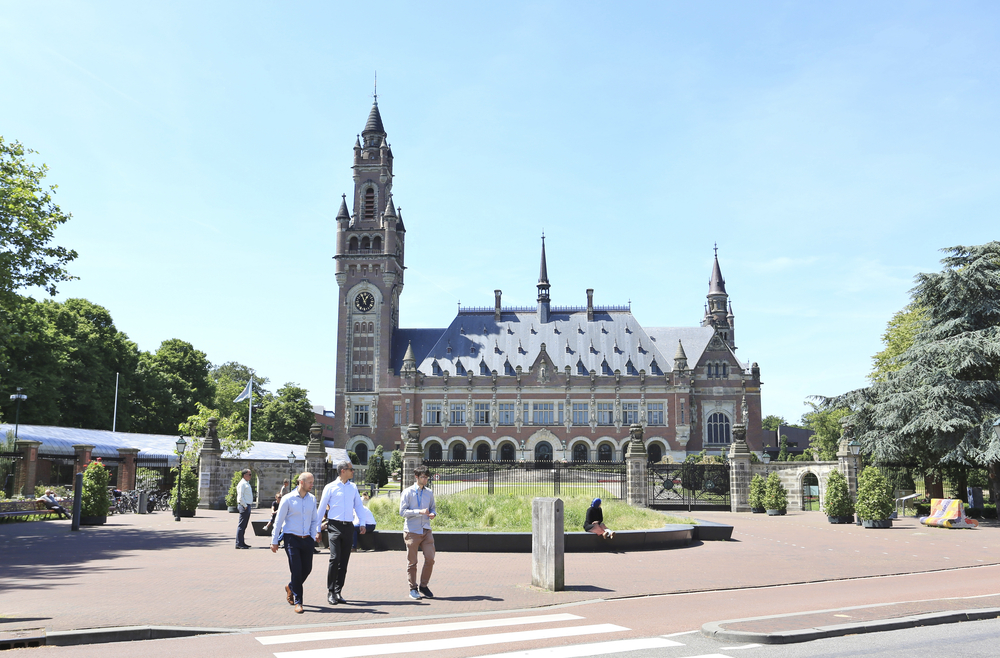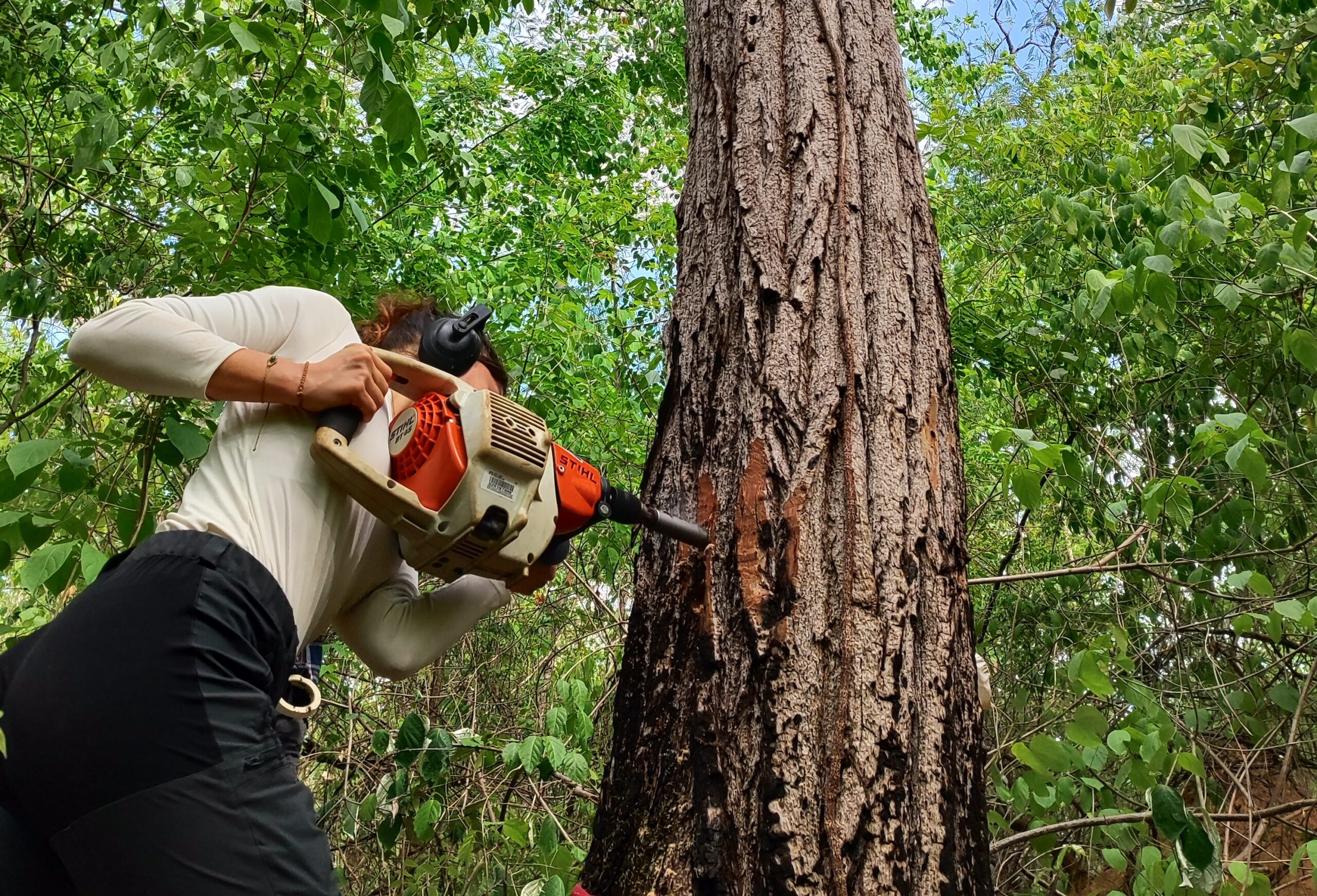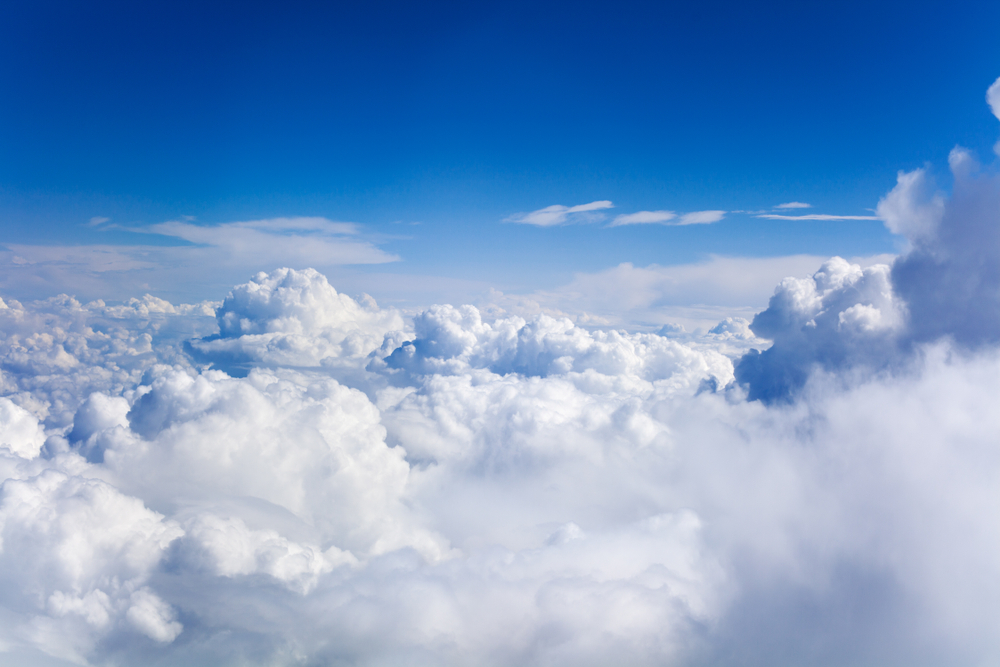The United Nations Climate Panel IPCC released a new alarming report on the impact of climate change last Monday. Its contents leave little to the imagination: the goal of keeping temperature increases below 1.5 degrees Celsius seems further away than ever, we may expect more extreme weather, and over 3 billion people live in areas vulnerable to climate change. How concerned are WUR students?
Text: Felix Landsman
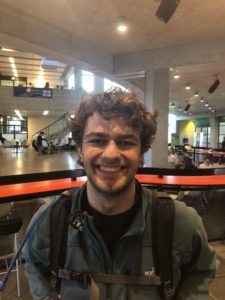
Gaël Kobessen (23)
MSc Earth & Environment
‘When you learn that a new report is to be released, you hope that it will be less dramatic than is being suggested. To be honest, I am not all that involved. My studies already focus on these issues enough. I will also not be blocking the A12 with Extinction Rebellion; I’m more likely to drive through the blockade, haha. The problem is that we hold on to old habits and behaviour. We don’t want change, and that’s our fault. Still, I have faith in the future. A new equilibrium will emerge that we will have to accept. I do believe that we are past the role of the waiting, objective scientist; that way, money will continue to trump insight.’
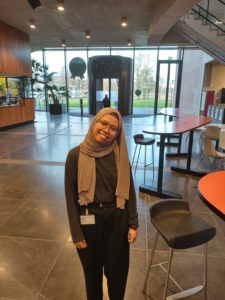
Nurul Fajriati Setyaningrum (25)
MSc Nutrition and Health
‘Coming from Indonesia, I observed that people in the Netherlands have more consideration regarding climate change, sustainability and such things. In my country it is not the main priority since we’re still a developing country. I feel more worried about my country now, when I came here I realized that we have such big problems like the sinking of our capital Jakarta. I try to be more aware about sustainable food and a healthier diet, because when we eat healthier we can achieve more sustainability. Overall I am positive about the future because we still have time and people still make efforts to solve our problems.’
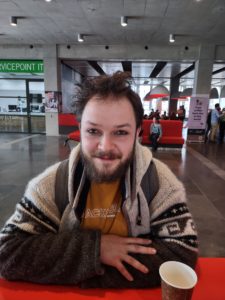
Victor Knooren (26)
MSc Forest and Nature management/Plant Sciences
‘In issues related to the climate, we always want to identify a guilty party. Currently, in the Netherlands, they are corporates and farmers. But you can’t really compare the two; it’s like comparing apples to oranges. And that is precisely the issue with climate change: it’s not just apples and oranges, but also strawberries, potatoes and walnuts. Although I believe that things such as food security and icecaps are disappearing, the more important things, such as love, friendship and hope, will never disappear. The future may be bleak, but hope will never disappear.’
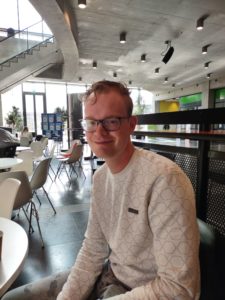
Rick Neulen (23)
MSc Earth and Environment
‘A report such as this one is great; seeing how climate models can predict certain processes is really neat, as this is also where my ambition lies. I assume that the contents of the report are as was expected: we are further removed from many of our goals. The university plays a significant role in disseminating information and telling people that reality is more nuanced than the eight-o-clock news tells us, which generally paints an extreme picture. I don’t really discuss this with my social circle; it’s a little too scientific for that. As far as emissions are concerned, I’m no better than the rest. Still living at home, it’s great to be able to come here by petrol-powered car. Climate change is happening. Nothing we can do about it. So no, I’m not losing any sleep over this.’
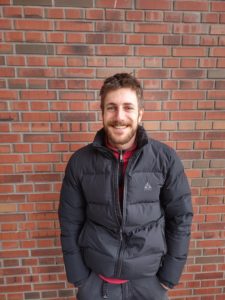
Tomas van der Heijden (28)
MSc Organic Agriculture
‘I most definitely do not support the UN’s philosophy, which WUR also frequently uses, that green technology will save the world. That is why I don’t pay attention to all these reports. It’s as if you apply a bandage and then claim it is not political. Still, what kind of bandage you choose and when you apply it is a political choice. We are currently trying to solve a problem with a solution created by the same system that caused the problem. Ultimately, the solution is a major shift in values and standards, and that is what we have difficulty with. WUR should really reflect on what role it aims to play in the future. I believe that continuing to play this eco-modernistic green growth role means WUR will have blood on its hands. Personally, I don’t believe that will change.’
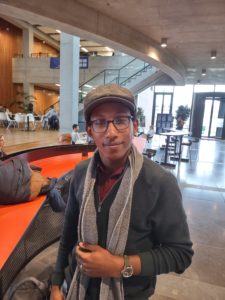
Quinlan Cijntje (18)
BSc Plant Sciences
‘The biggest issue for me has always been how to achieve a better climate policy. In my studies, we are now focussing on agricultural development. I’m really interested in the green revolution and how this applies in the developing nations of today. There is a lot of focus on green development in these nations, but there is very little attention paid to the fact that the already developed nations did not achieve their growth through green development. And for developing nations, it is really difficult to achieve a stable political and economic situation without damaging nature. I would also prefer an end to deforestation, but I always keep in mind that for the people there, it is how they put food on their table.’

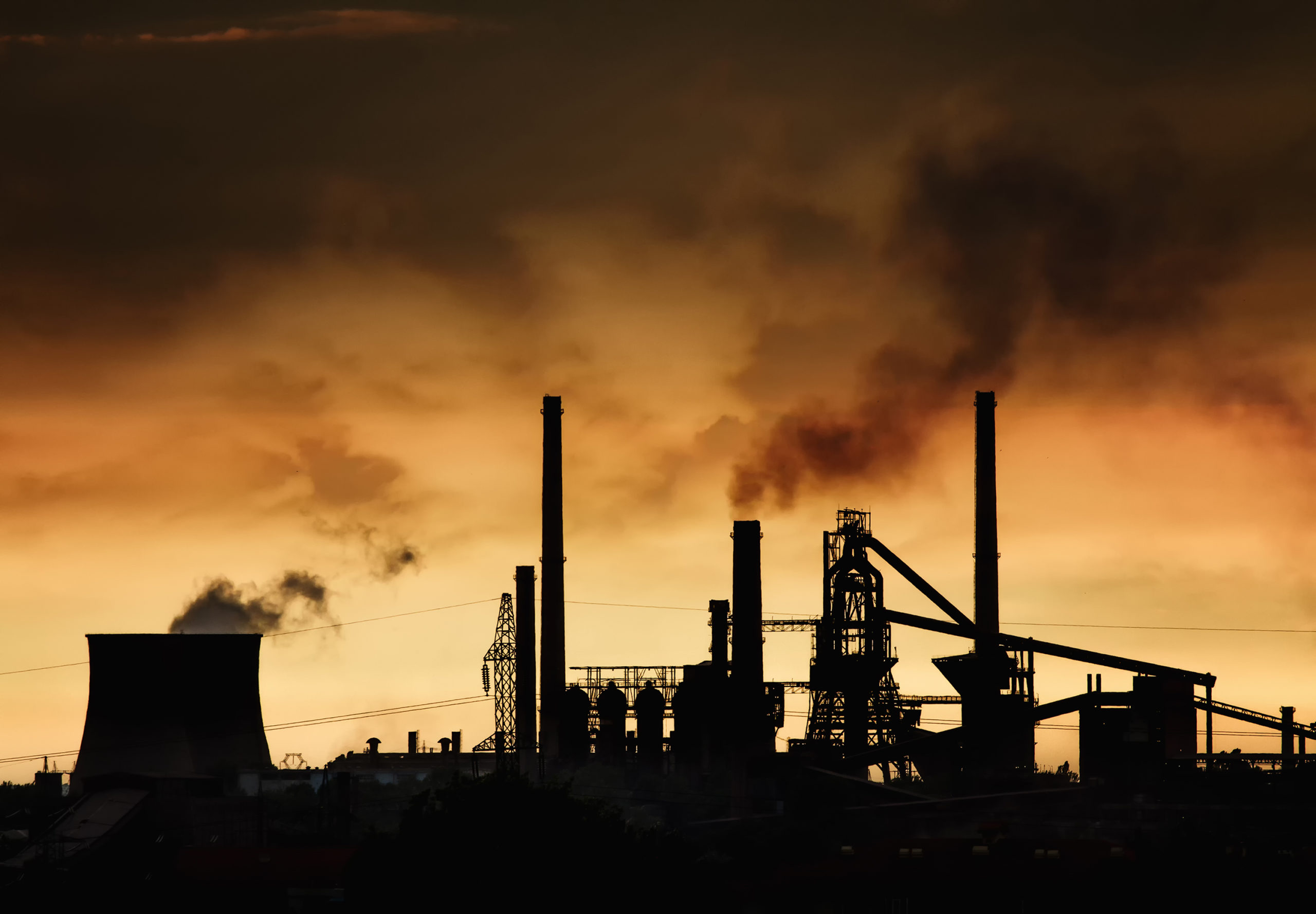 Photo: Shutterstock
Photo: Shutterstock 